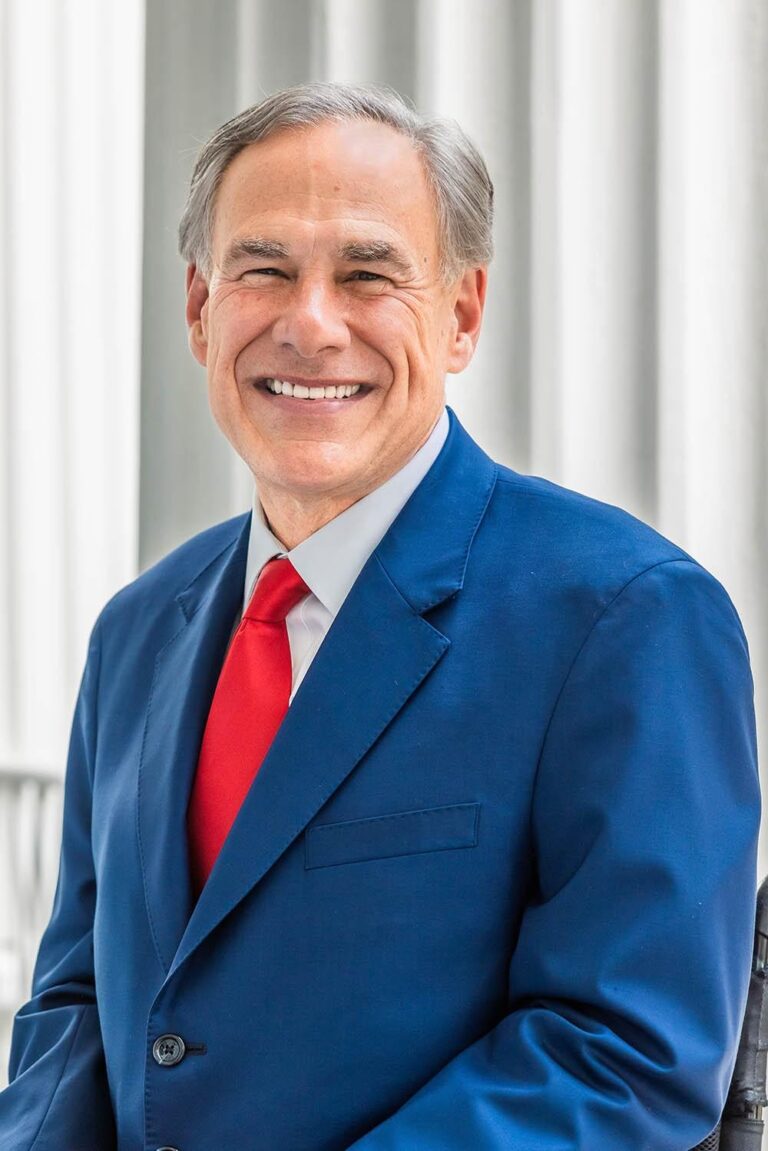Texas Governor’s Funding Threat to Children’s Hospital Sparks Debate on Healthcare, Free Speech, and Political Influence
Governor Abbott’s Funding Ultimatum Following Controversial Doctor’s Social Media Activity
Governor Greg Abbott has recently issued a warning to a leading pediatric hospital in Texas, threatening to cut state funding after a doctor affiliated with the institution posted content on social media that the governor labeled as inappropriate and harmful. This move has ignited a heated discussion about the boundaries of political oversight in healthcare and the rights of medical professionals to express themselves publicly.
Hospital leadership has publicly supported their medical staff’s right to free expression while recognizing the delicate nature of the situation. The community’s response has been polarized, with key viewpoints including:
- Advocacy for healthcare workers’ freedom of speech
- Concerns about preserving patient confidence and the hospital’s reputation
- Worries over the potential loss of funding and its effects on pediatric research and services
| Stakeholder | Stance | Potential Impact |
|---|---|---|
| Governor Abbott | Funding contingent on hospital response | Significant – risk of millions in funding cuts |
| Hospital Administration | Backing staff, assessing situation | Moderate – reputational and operational risks |
| Local Community | Divided opinions | Variable – influences public trust and support |
Consequences for Pediatric Healthcare and Community Mobilization
The governor’s threat to withdraw financial support has sent shockwaves through Texas’s pediatric healthcare landscape, jeopardizing essential services for children. These hospitals, already grappling with increased demand and staffing shortages exacerbated by recent public health crises, now face the prospect of budget cuts that could restrict access to specialized pediatric care. Reports indicate that staff morale is waning, with concerns about job security potentially hindering recruitment and retention of pediatric experts vital to comprehensive child healthcare.
Community clinics and outpatient programs, which often serve underserved populations, are particularly at risk since their funding is closely tied to the financial health of larger hospital systems. In response, various grassroots efforts have emerged, including:
- Community fundraising drives to offset anticipated funding gaps and maintain uninterrupted pediatric services.
- Online forums and virtual town halls designed to educate the public and advocate for sustained hospital funding.
- Partnerships between nonprofits and healthcare providers to create alternative support networks and resource channels.
These initiatives underscore the community’s commitment to safeguarding pediatric healthcare access despite political pressures. However, without constructive dialogue between state officials and healthcare leaders, the long-term viability of these services remains uncertain.
| Area Affected | Possible Outcome | Community Action |
|---|---|---|
| Hospital Budgets | Reduced funding for staff and equipment | Grassroots fundraising efforts |
| Patient Services | Restricted access to pediatric specialists | Advocacy and awareness campaigns |
| Staff Stability | Higher turnover and recruitment difficulties | Professional support networks |
| Community Clinics | Decreased outreach and resources | Collaborations with nonprofit organizations |
Examining the Legal and Ethical Dimensions of Political Pressure on Healthcare Facilities
The governor’s threat to cut funding as a response to a doctor’s social media post raises profound legal and ethical questions. Politically motivated financial retaliation can infringe upon the autonomy of healthcare institutions and threaten the independence of medical professionals. This situation spotlights the delicate balance between governmental authority and the constitutional protections afforded to free speech, particularly under the First Amendment.
From an ethical perspective, leveraging funding as a punitive measure risks eroding public trust and compromising patient care. Medical professionals have an ethical obligation to prioritize patient welfare and maintain transparent communication, free from political interference. Intimidation tactics that discourage healthcare workers from voicing concerns or advocating for patients may foster a culture of silence detrimental to public health.
Critical ethical considerations include:
- Safeguarding clinical decision-making from political influence
- Ensuring open and honest dialogue between healthcare providers and the public
- Protecting vulnerable patient populations reliant on consistent healthcare access
| Legal Issues | Ethical Concerns |
|---|---|
| First Amendment protections for free speech | Preserving healthcare professionals’ autonomy |
| Potential constitutional challenges to funding threats | Maintaining patient-centered care free from political bias |
| Compliance with healthcare funding regulations | Building and sustaining community trust |
Strategic Guidance for Hospitals Facing Political Pressures
Healthcare institutions under political scrutiny must focus on safeguarding their medical staff while fostering transparent communication with all stakeholders. Establishing clear policies that protect clinicians’ rights to share evidence-based medical opinions without fear of punitive funding cuts is paramount. Providing internal support systems, including legal counsel and mental health resources, can reinforce staff confidence and professional integrity.
Engagement with community leaders and policymakers is essential to clarify clinical decisions and counteract misinformation. Hospitals should also develop comprehensive crisis management plans to anticipate political challenges and minimize operational disruptions. Advocating for stronger legal protections and collaborating with professional medical organizations can amplify their influence and help shield institutions from undue political interference.
| Focus Area | Recommended Measures | Anticipated Benefits |
|---|---|---|
| Protecting Medical Staff | Implement legal support and mental health programs | Improved staff morale and retention |
| Stakeholder Engagement | Conduct regular updates and community outreach | Enhanced public trust and reduced misinformation |
| Policy Advocacy | Partner with medical associations for legislative backing | Stronger safeguards against political retaliation |
Conclusion: Navigating the Intersection of Healthcare, Politics, and Free Speech in Texas
The ongoing conflict between Governor Greg Abbott and the Texas children’s hospital highlights the complex challenges at the crossroads of healthcare delivery, political authority, and freedom of expression. As this dispute unfolds, the potential withdrawal of critical funding raises urgent questions about how to balance governmental oversight with the rights and responsibilities of medical professionals. The outcome will have lasting implications for the future of pediatric healthcare and institutional independence in Texas, with stakeholders across the spectrum closely monitoring developments.




